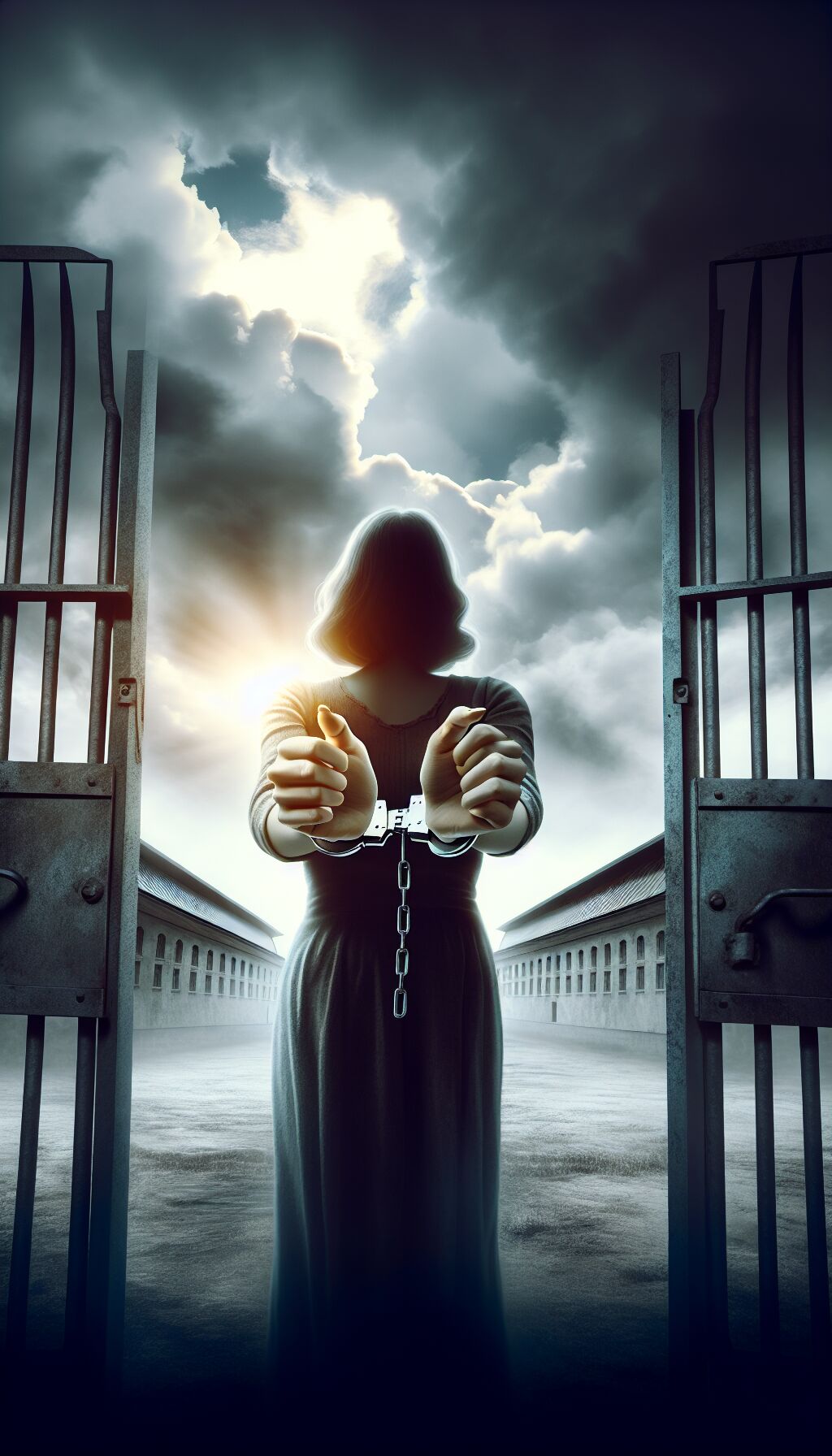U.S. Citizen Released Amid Belarus Election Controversy
By [Your Name]
Date: [Insert Date]
Rubio Announces Release
On Sunday, Secretary of State Marco Rubio announced the unexpected release of a U.S. citizen, ANASTASSIA Nuhfer, who had been imprisoned in Belarus. This event comes at a turbulent time for the Eastern European nation, which is currently holding national elections under the shadow of significant political repression.
Praise for Trump’s Leadership
In a post on X, Rubio attributed the release to the leadership of former President Donald Trump. He stated, “Belarus just unilaterally released an innocent American, ANASTASSIA Nuhfer, who was taken under JOE BIDEN!” He also commended the efforts of Christopher Smith, the State Department Deputy Assistant Secretary for Eastern Europe and Policy and Regional Affairs, for facilitating this release.
Election Day in Belarus
As Belarus votes on its future, President Alexander Lukashenko, who has been in power for over three decades, is expected to secure another term. The election has been described as a farce by opposition figures, as Lukashenko faces only token opposition while many true challengers are either imprisoned or exiled. The events in the lead-up to this election echo those of 2020, which ignited widespread protests following allegations of fraud.
Political Climate and Repression
Belarus has seen an extensive crackdown on dissent, with over 65,000 arrests and numerous reports of violence against participants in protests. The country currently holds nearly 1,300 political prisoners, including prominent figures such as Nobel Peace Prize laureate Ales Bialiatski, who was a founder of the Viasna Human Rights Center.
Despite releasing over 250 individuals from prison since July, the authorities have ramped up their efforts to silence dissent, detaining 188 individuals last month alone. Increasingly, law enforcement has targeted friends and relatives of political dissidents, coercing them into signing documents that warn against participation in unauthorized demonstrations.
Opposition and International Response
In reaction to the election, Sviatlana Tsikhanouskaya, the opposition leader currently living in exile, referred to the event as “a senseless farce, a Lukashenko ritual.” She urged voters to reject the ballot, asserting the futility of participating in a process devoid of genuine choice as most independent media and opposition parties have been decimated under Lukashenko’s regime.
International reactions have been condemning. The European Parliament has called for the EU to dismiss the outcome of the elections, with top diplomat Kaja Kallas describing the vote as “a blatant affront to democracy.” Meanwhile, President Lukashenko remains defiant, claiming his concern lies primarily with the recognition of the elections by Belarusian citizens, rather than the broader international community.
Lukashenko’s Iron Grip on Power
Having taken power in 1994, Lukashenko has solidified his rule through both authoritarian governance and economic alliances, notably with Russia. His administration has allowed Moscow to utilize Belarusian territory during conflicts, including the invasion of Ukraine in 2022, and he even hosts some of Russia’s tactical nuclear weapons on Belarusian soil. Despite this, Lukashenko continues to espouse a narrative of peace, claiming to protect Belarus from the chaos of war while advocating for stability through his dictatorship.
In a recent statement, he controversially remarked, “It’s better to have a dictatorship like in Belarus than a democracy like Ukraine,” reinforcing his government’s narrative against perceived Western hegemony.










